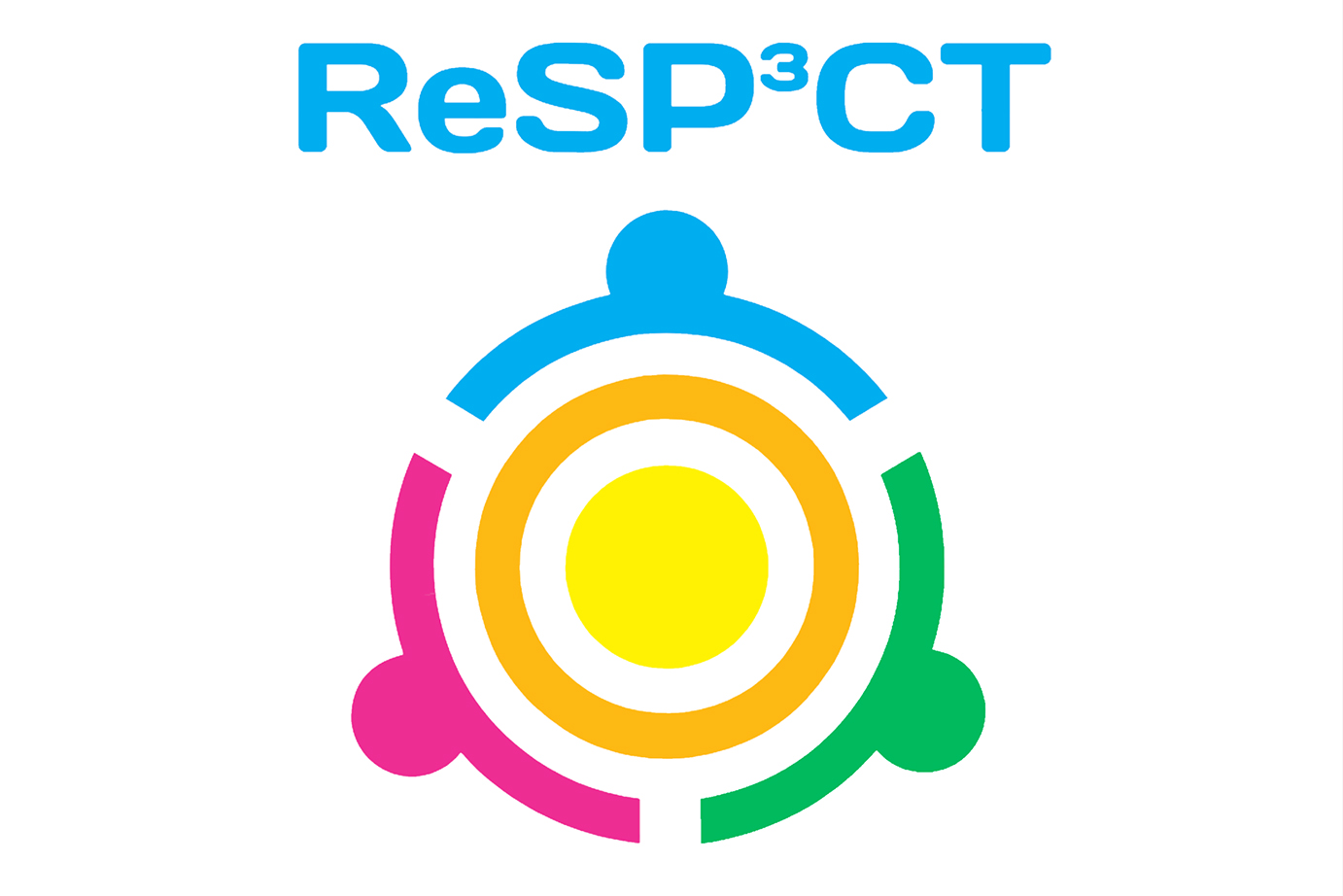
Written by RePaDD member Dr Lillian Krikheli, PhD, MSpPath, BHSc, CPSP, who is an academic in the Discipline of Speech Pathology at La Trobe University, and certified practising speech pathologist. Dr Krikheli’s current research interests include Delphi methodology, speech pathology scope in palliative care, social communication in people with MND and ethical issues such as eating and drinking with acknowledged risk.
Imagine what it would be like to be asked to justify your role to hospital administrators in the context of little research evidence supporting your practice? What about when you know that your role provides meaningful assistance to children as well as their families at the end of their lives?
Speech pathologists (SPs) manage communication and swallowing difficulties across the lifespan. There is a body of work describing what SPs do with adults receiving palliative and end-of-life care, however, it is clear that palliative and end-of-life care in a paediatric setting has inherently different biological, developmental and social considerations when compared to adults [1,2]. Additionally, the roles of the carer and family when providing care and medical decision-making for a child in the final stages of life add additional layers of complexity.
There is emerging recognition is that speech pathologists have a role in the provision of paediatric palliative care and experience unique challenges when working with this vulnerable young cohort of patients [3-5]. National associations internationally are in high agreement about what SPs broadly do in healthcare contexts, but few governing bodies explicitly mention the SP role with this population. A recent survey revealed that SPs worked in a variety of paediatric palliative care settings, with patients of varying age and disease groups [6]. Over 50% of participants reported working in paediatric palliative care for four years or more. Genetic disorders (34%), oncology (27%) and neurological conditions (21%) made up a significant portion of respondents’ caseloads. Interestingly, the treatments and assessment approaches reported by SPs were not unique to a paediatric palliative care population but usually adapted to meet the context of the workplace and caseload. Barriers and enablers for practice were also identified.
Recent work has seen the development of consensus-driven statements created to support SPs in their practice – known as Recommendations for Speech-Language Pathologists in Paediatric Palliative Care Teams (ReSP3CT) [6]. ReSP3CT is a set of 21 statements integrated from extant literature, survey and interview data, taken to a voting panel of suitably experienced SPs who achieved a high degree of agreement. ReSP3CT is intended for use by SP departments, patients and families for the purposes of advocacy, professional development and improving team functioning in relation to providing care for children in PPC. This research also showcased a novel and thorough approach to developing expert clinical consensus statements in niche areas with little to no research evidence.
So, where to from here? Recent research now demonstrates that within several countries, SPs are unquestionably providing child-centred clinical services to a diverse paediatric palliative caseload. It is also clear that speech-language pathologists work with this cohort with minimal role acknowledgment or support from national professional associations, nor with association-ratified clinical practice guidelines. At a grassroots level, it is hoped that SPs will report on the implementation of these practice statements within their workplace contexts and encourage clinicians to undertake quality improvement projects or collaborate with researchers to increase the evidence base in the context of paediatric palliative care.
Challenges remain, however, as to the wider acceptance of speech-language pathologists within the paediatric palliative care team by other medical and allied health disciplines. Future research should be aimed at exploring perceptions of the speech-language pathologist role within the team and the applicability of the implementation of these practice statements to workplace contexts.
References
- Levine D, Lam CG, Cunningham MJ, Remke S, Chrastek J, Klick J, Macauley R, Baker JN. Best practices for pediatric palliative cancer care: a primer for clinical providers. J Support Oncol. 2013 Sep;11(3):114-25. doi: 10.12788/j.suponc.0012.
- World Health Organization. (2018). Integrating palliative care and symptom relief into paediatrics: A WHO guide for health-care planners, implementers and managers. Cited 13 December 2021.
- Radford C, Marshall J, Herbert A, Irving H, Weir K. (2020). Risk Feeding: An Australian Pediatric Palliative Care Perspective. Perspectives of the ASHA Special Interest Groups, 5(2), 515–521. https://doi.org/10.1044/2020_PERSP-19-00032
- Krikheli L, Erickson S, Carey LB, Carey-Sargeant CL, Mathisen BA. Speech-Language Pathologists in Pediatric Palliative Care: An International Study of Perceptions and Experiences. Am J Speech Lang Pathol. 2021 Jan 27;30(1):150-168. doi: 10.1044/2020_AJSLP-20-00090.
- O’Reilly AC, Walshe M. Perspectives on the role of the speech and language therapist in palliative care: An international survey. Palliat Med. 2015 Sep;29(8):756-61. doi: 10.1177/0269216315575678
- Krikheli L, Carey LB, Erickson S, Carey-Sargeant CL, Ann Mathisen B. Recommendations for speech-language pathologists in paediatric palliative care teams (ReSP3CT): An international modified Delphi study. Int J Speech Lang Pathol. 2021 Oct;23(5):486-496. doi: 10.1080/17549507.2020.1866073.


